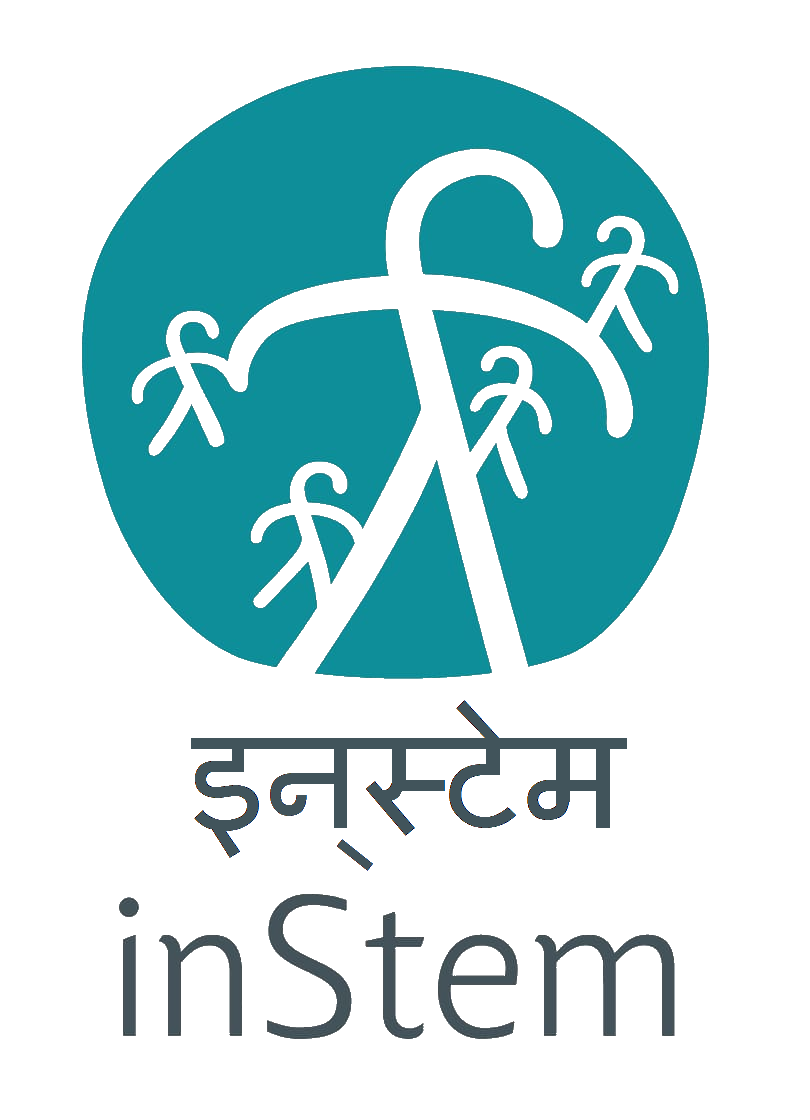Global Collaboration : University of Cambridge
Only a small fraction of functionally significant protein targets encoded in the human genome is accessible to modulation using small-molecule chemical tools. This is a major impediment to the deeper understanding of biological systems disrupted by genetic alterations associated with human diseases, as well as to their potential manipulation for disease therapy.
The Centre for Chemical Biology and Therapeutics (CCBT) is an integrated multidisciplinary research centre designed to pioneer new approaches to create small-molecule tools that target novel classes of targets, and use them to conduct hypothesis-generating and hypothesis-driven research on experimental systems of biomedical importance. The CCBTs long-term vision is to foster knowledge-driven therapeutic interventions for important human diseases through fundamental new insights into disease biology.
Ashok Venkitaraman (University of Cambridge and inStem) coordinates the project, with Satyajit Mayor (NCBS), S. Ramasamy (inStem) and K. VijayRaghavan (NCBS).
The CCBT’s first scientific focus is to explore new approaches for the modulation of intracellular signaling pathways disrupted in diseases like cancer, by targeting the creation and recognition of key classes of post-transcriptional protein modifications. Success in this work is expected to establish a powerful framework for chemical biology and therapeutics research in the inStem/NCBS campus, to catalyze scientific collaborations with existing programmes, and to promote capacity building at the interface between chemistry and biology.
The CCBT will operate through the uniquely integrated effort of multidisciplinary project teams using common technological platforms, and not as a collection of PI-led labs.
CCBT theme collaborating labs work with the multidisciplinary project teams to extend research capabilities in areas of mutual interest aligned to the CCBT’s scientific focus. R. Sowdhamini’s lab (NCBS) uses computational approaches to study the structure of protein-protein interfaces, and has developed multiple computational platforms that will facilitate the discovery of chemical tools modulating these interfaces in collaboration with the CCBT. Yamuna Krishnan’s lab (NCBS) creates nucleic-acid based nanomachines as intracellular probes and reporters of biochemical reactions that will enable studies on the chemical biology of intracellular signaling pathways in collaboration with the CCBT.
The CCBT is funded by a direct award from the Department of Biotechnology, Government of India, as an inter-institutional collaborative centre between inStem and NCBS.


